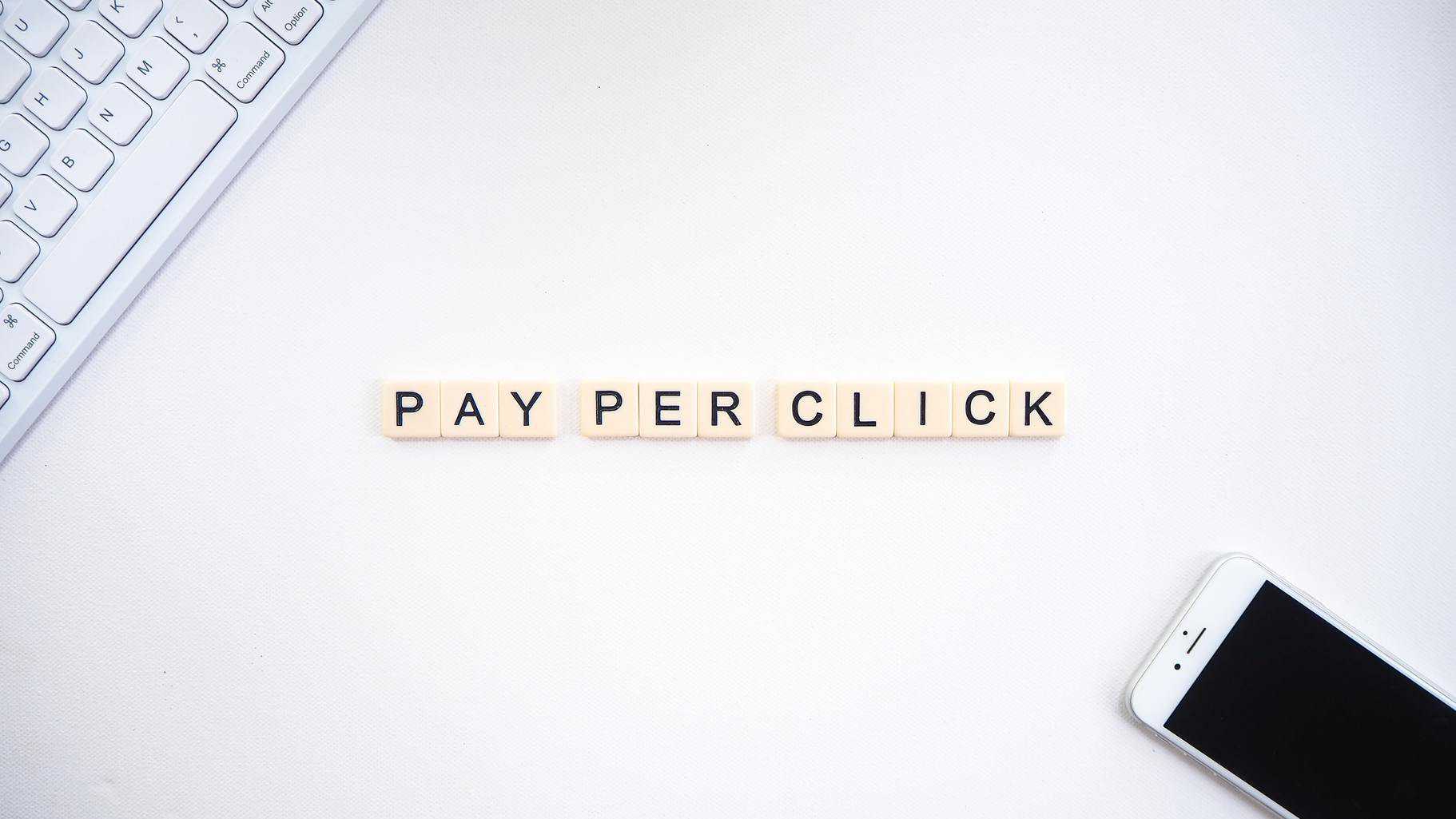What are Google Ads?
Google Ads is the term for the internet advertising system which Google owns. It’s well-known and one of the most popular ad networks in the entire world. They started in the year 2000, and since have grown to make up about 90% of paid advertising costs on the internet today. Using Google Ads can seem difficult at first, but it’s by far one of the smartest ways to enhance any sales campaign.
There are millions of businesses who use Google Ads to help sell their products and services. On average, there are over multi-billion searches typed into Google around the world per day. Everyone seems to be using Google search, which means it’s by far one of the most profitable methods of online advertising.
Two Basic Ways Google Ads Work
People who use Google Ads for advertising have the option of showing their ads between two primary spaces. These include the Search network and the Display network.
The Search network can simply mean Pay Per Click (PPC) ads. This is where keywords are used in advertisements to target relevant search queries. For example, when someone puts in a search into Google, such as “how to get more followers on Instagram”, both paid Ads results and organic SEO results will show up. For advertisements, relevant Ads show up at the top of the search results. Some keywords used for the top one may have been “followers on Instagram” or “Instagram growth strategy”, and more. This is the concept of the Search Network.
Display Network is when ads are placed on relevant websites in the form of visual banners or sidebar ads. Certain websites display ads to help monetize slowly. This can be a good advantage for PPC-style ads, especially since the internet is so vast and the Display network can reach so many audiences. These forms of Google ads are familiar to most of us– when we browse a blog or website and see an ad for a product we will definitely like!
According to NetGain, “The most popular PPC program is Google’s AdWords, accounting for around 90% of PPC ad dollars.”
What Exactly is PPC?
As explained above, Pays Per Click (PPC) are the most utilized Google Ads. PPC is exactly how it sounds. You (the advertiser) pay for the ads for every click you receive. A click happens when a person browsing the internet sees your ad, takes an interest, and click on your ad to view more. Potentially, the ad takes them to a landing page (more on this below), website, video, or somewhere your company offers something on the internet. The amount of money paid for the click depends on several factors, like keywords, rank, relevance, etc. The platform you’re running ads on (Google, Bing, Facebook, and elsewhere) charge the appropriate amount per click for running your ads with them.
Aren’t Google Ads Expensive?
The short answer is, they can be expensive. But for the most part, it all comes down to the type of AdWords campaign you’re running, how your ad rank is, the accuracy of your negative keywords, and so on.
There are methods to use to keep costs down. However, a lot of this comes with practice and learning.
The Average Cost per Click (CPC) in Google Ads
I know we’re all wondering: what is the average cost per click for PPC Google Ads? There’s no definite answer to this question. As we said, prices vary from niche to niche.
But as Search Engine Journal tallies, most consumer ads average a CPC of about $6.40. More specialized industry ads can range from $50 to $100 per click! But luckily, such industries often receive quite a high ROI.
What is Google Ad Rank?
An ad rank means how high up (or low) an advertisement appears on search results pages (SERPs). Often, this rank is determined by the quality score of the add + the company’s maximum bid price.
What About Google Ads keywords?
Keywords are specific search terms that advertisers place a bid on with the goal of showing up in the results. Again, an example: if your company sells makeup products, it’s likely your keywords will include “best lipstick” or “MAC cosmetics”. The goal is to use all the data, relevance, and strategy possible in choosing the right keywords thatHome will apply to your target audience’s interests they’ll type into Google.
will apply to your target audience’s interests they’ll type into Google.
The Main Pros and Cons
The hardest part about Google Ads is setting up keywords strategy and learning how to use the right keywords. It takes a lot of time to learn the platform, along with the little pieces (such as ad extensions, match types, ad groups, etc.) and then figuring out how to use all the nuances to your advantage. Sure, there are courses and certification programs to learn how to use Google Adwords effectively. Ultimately, however, most of the learning comes from doing. Because of this, often it can take many hours and a lot of money to figure out a successful marketing campaign.
On the other hand, the most exciting part of running Google PPC Ads is having days where you can see a company get a 200% to 400% or more ROI (Return on Investment). When done correctly, Google Ads can be one of the most profitable ads platforms available for an online marketing system.
So… now that we all know a little bit about Google Ads, we obviously want to know HOW TO USE THEM!
Starting Out with Google Ads: Step by Step
Goals First, Always.
Did you know only about 2% of people in the world actually write down what they want? Don’t be the other 98% of people. Especially when it comes to investing in Ads for your business!
Get clear on what you want from using Google Ads– more reach? Higher sales? Better leads? Raving fans? Be specific. How can your brand or company improve if Google Ads worked effortlessly for you? Your goals will be what the foundation of your ads stand upon.
Who’s Your Audience?
After goals are in place, it’s time to determine your ideal audience. What do they do? Where are they, both in real life and online? What tools do they use daily? When are they actively trying to consume content on the internet? Be very specific and know your clients’ persona.
KEYWORDS and Keyword Research
Ahhh keywords. One of the “cons” mentioned in our Pros and Cons section of the article. The downfall isn’t keywords themselves– it’s learning how to master the right ones.
There are many keyword tools to help you determine what keywords to use. A good rule of thumb for deciding keywords are these three things:
- High traffic
- Consumer intent
- Low competition
To integrate killer keywords you’ll want to think like the consumer (AKA your ideal customer, remember?)
If you need specific help, go to this link on the Google help page itself.
Budget, Bids, and Clicks
After keywords, a budget needs to be put in place. This might take some editing and rearranging. There will be a testing phase, but try to focus time and money on keywords with a higher conversion rate.
Use the Quality Score on Google. The Quality Score is the type of grading system that determines how relevant and useful your ads and its keywords are to users. Better quality scores lower the cost per click and increase your Ad rank.
Your Account Structure
Obviously, you can have various ad campaigns while using Google Ads account. The more you structure your ads account, the more relevance your ads will be able to hold. All previous steps mentioned– Goals, Audience, Keywords, and Budget all fold into how the structure plays out in the process of your Ads.
Writing Great Ad Copy
A lot of people worry so much about keywords and clicks, they forget that what they write for their ad copy is crucial. Emotional copywriting tends to get more CTRs (Click Through Rates). Well-written, compelling writing can make or break the deal on whether or not someone actively wants to engage in your ad. A lot of people these days are so over the B.S. of internet marketing— they don’t want to hear cheesy infomercial voice. They want relatable, captivating information and life-changing potential.
Important: include your keyword(s) in the written copy, as well as a Call to Action and an amazing Headline.

Creating Landing Pages
A landing page is the web page people end up at when they click your ad. Sometimes there are high converting landing pages, and other times they totally suck. There are a few key strategies to keep in mind when setting up your landing page for conversion success:
- Simple, minimal wording
- A brief overview of the benefits of your product or service
- High-quality images and hero image
- Clear, big, compelling Call to Action (CTA)
- Mobile compatibility
Read more about how to enhance your landing page here!
Tracking Your Conversions
Implementing tracking is a huge deal if you want to reach your conversion goals. You can place requisite codes on your website(s) and make use of Google Analytics to track and follow these goals.
Utilize Remarketing
Remarketing is when you strategically target previous potential customers who for any reason didn’t follow through with closing a deal on your ad. The goal is to get your ad in front of them for a second time (or third, fourth, and so on) to increase the likelihood of them growing their interest in your brand. This is well-known in the funnel’s strategy also known as the buyer’s journey.
Testing and Optimization
With an up and running ad, it’s absolutely wise to run some testing. A/B testing (when two different versions of an ad are run at the same time toward different people) can let you know if you need to improve or change anything on your landing page, ads, images, or copywriting. You can observe the results and adjust accordingly to optimize when using Google Ads.
Experience Profitable ROI
If all is set up and rolling smoothly, it’s time to enjoy your profit! Always maintain and watch the progress of your Google ads campaigns. Things change all the time, so continuous testing and optimizing may be needed. Int he meantime, learn all you can about using Google Ads and bettering your business with PPC strategies beyond.
If you still need some clarity on how to create or improve your success using Google Ads, reach out to us today and let’s make it happen!






